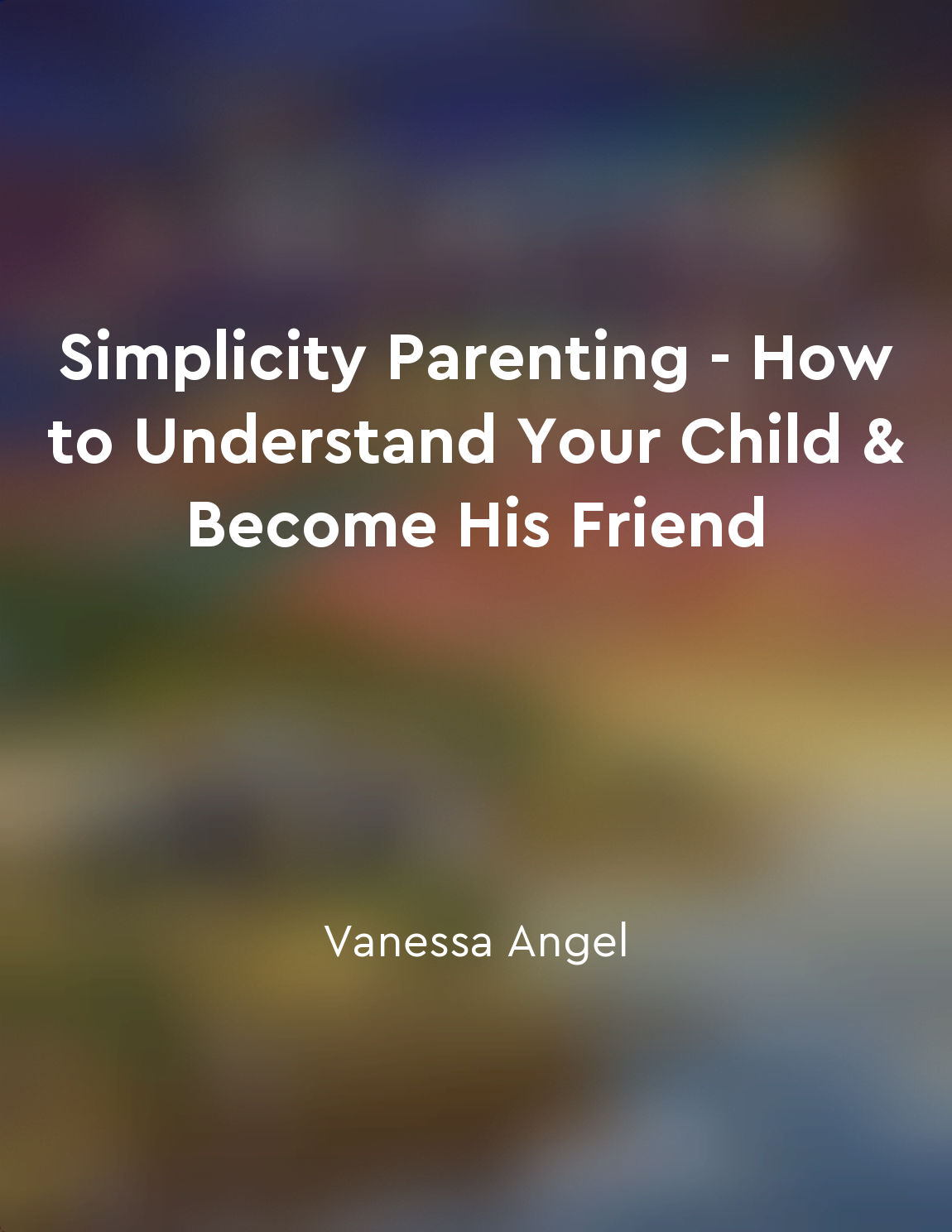Learning to regulate emotions is a lifelong process from "summary" of The High-Conflict Couple by Alan E. Fruzzetti Ph. D.
Learning to regulate emotions is a lifelong process. This means that it is not something that can be mastered overnight or with a quick fix. It requires ongoing effort and practice to develop the skills needed to effectively manage emotions in various situations. Emotional regulation involves being able to identify and understand one's emotions, as well as being able to express them in a healthy and productive way. This involves being able to recognize when emotions are escalating and knowing how to calm oneself down before things spiral out of control. In the context of a high-conflict couple, learning to regulate emotions is particularly important. High-conflict couples often struggle with intense emotions that can quickly escalate into destructive behaviors. Without the ability to regulate emotions, conflicts can quickly spiral out of control, leading to further damage to the relationship. Developing emotional regulation skills involves learning to recognize triggers that can lead to emotional dysregulation. It also involves learning healthy coping mechanisms that can help de-escalate emotions in the moment. This may involve techniques such as deep breathing, mindfulness, or taking a time-out to cool off before addressing the issue at hand. It is important to remember that emotional regulation is not about suppressing or ignoring emotions, but rather about acknowledging them and finding healthy ways to express and manage them. This requires self-awareness, self-compassion, and a willingness to engage in ongoing self-reflection and personal growth.- Learning to regulate emotions is a journey that requires commitment and dedication. It is a skill that can be developed and improved over time with practice and effort. By investing in this process, high-conflict couples can learn to navigate their emotions more effectively and build healthier, more resilient relationships.
Similar Posts
Use "I" statements to take ownership of your feelings
When you use "I" statements, you are taking ownership of your feelings. This means expressing your emotions and thoughts in a w...
Pay attention to nonverbal cues during communication
When engaging in communication, it is crucial to pay attention not only to the words being spoken but also to the nonverbal cue...

Cultivate a love of nature
Encouraging our children to develop a deep appreciation for the natural world is a gift that will stay with them for a lifetime...
Encourage acts of kindness and generosity
Encouraging acts of kindness and generosity is essential in fostering a positive and happy environment for both children and ad...
Establish routines
One way to create a more peaceful and harmonious home life is to establish routines. When we have routines in place, we are abl...

Embrace diversity and inclusion for a thriving community
The key to a thriving community lies in embracing diversity and fostering inclusion. When we open our hearts and minds to diffe...

Dress appropriately for the occasion
When you're meeting someone for the first time, your appearance can speak volumes before you even say a word. It's important to...
Life has unbreakable laws
Life operates according to a set of unbreakable laws that govern our existence. These laws are not subject to negotiation or co...
Collaboration enhances communication within organizations
Collaboration is a key element in fostering effective communication within organizations. When individuals work together toward...
Systems thinking helps leaders understand the broader context of their decisions
Leaders who adopt a systems thinking approach gain a deeper understanding of the interconnectedness of various elements within ...

